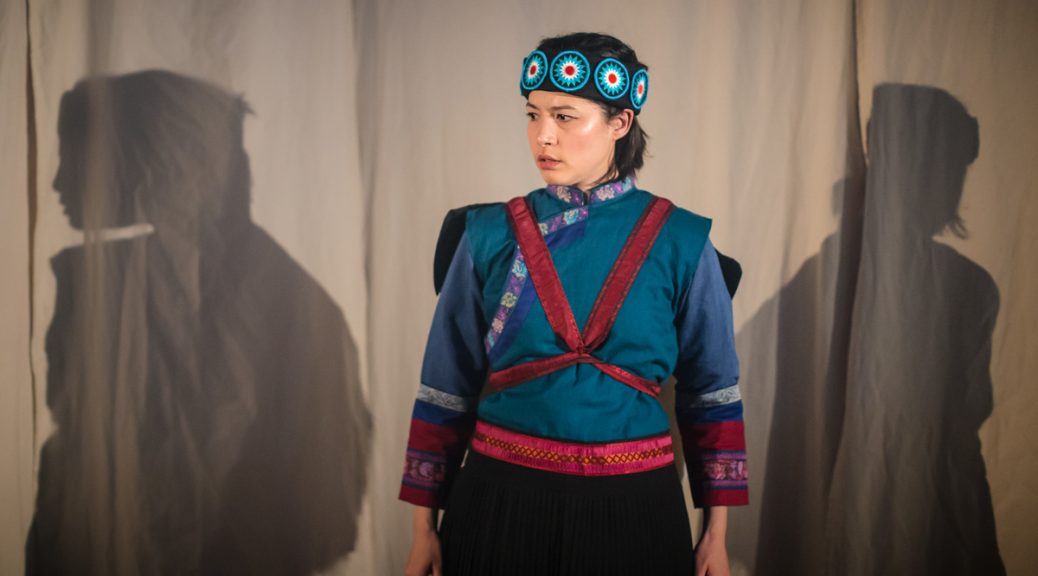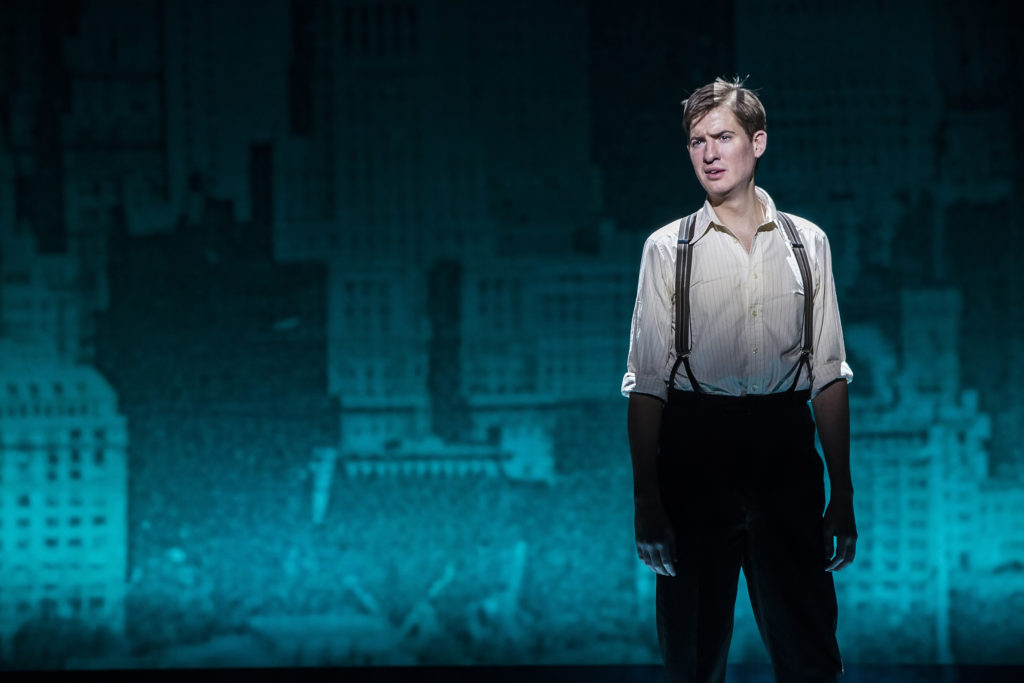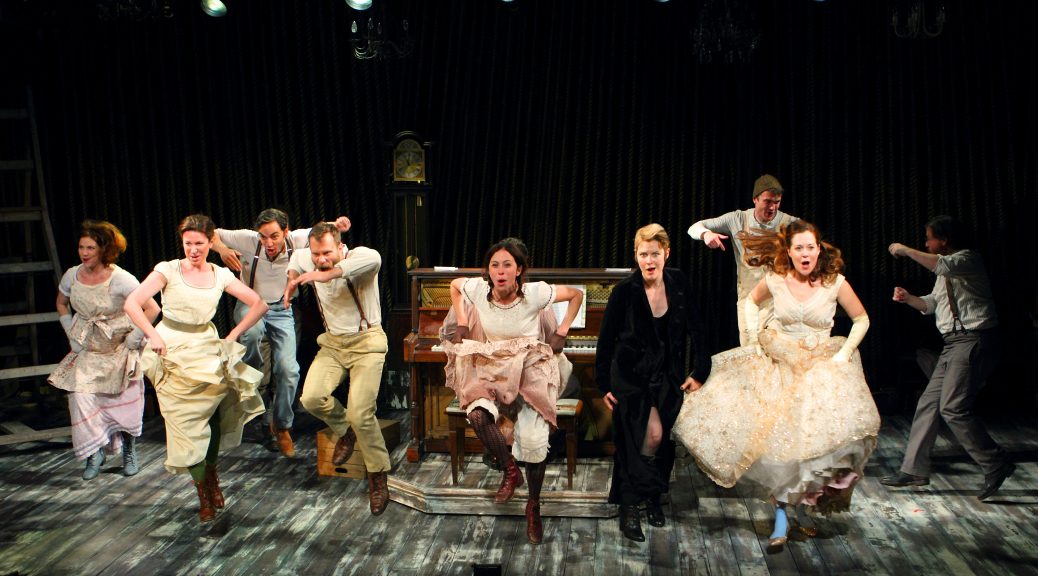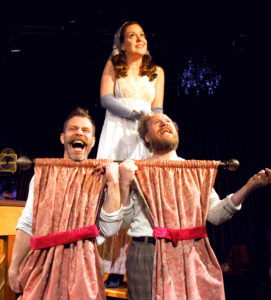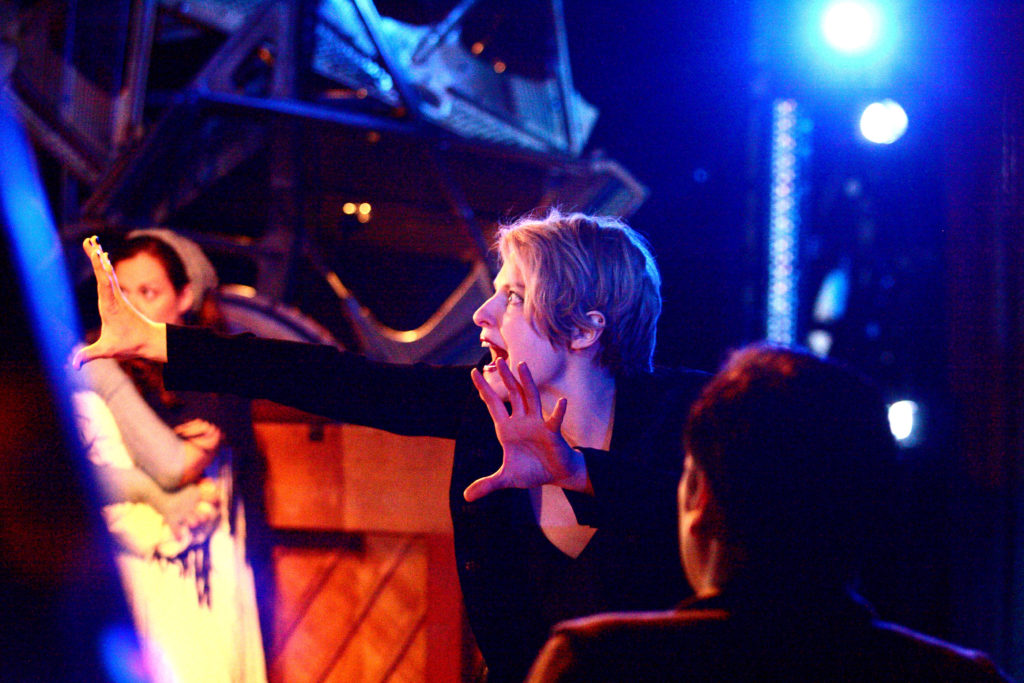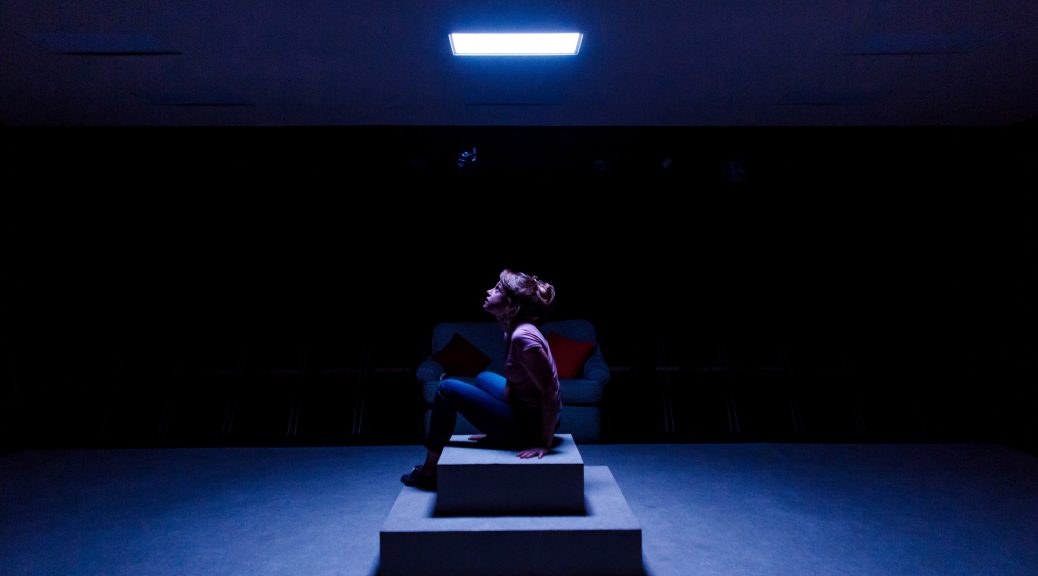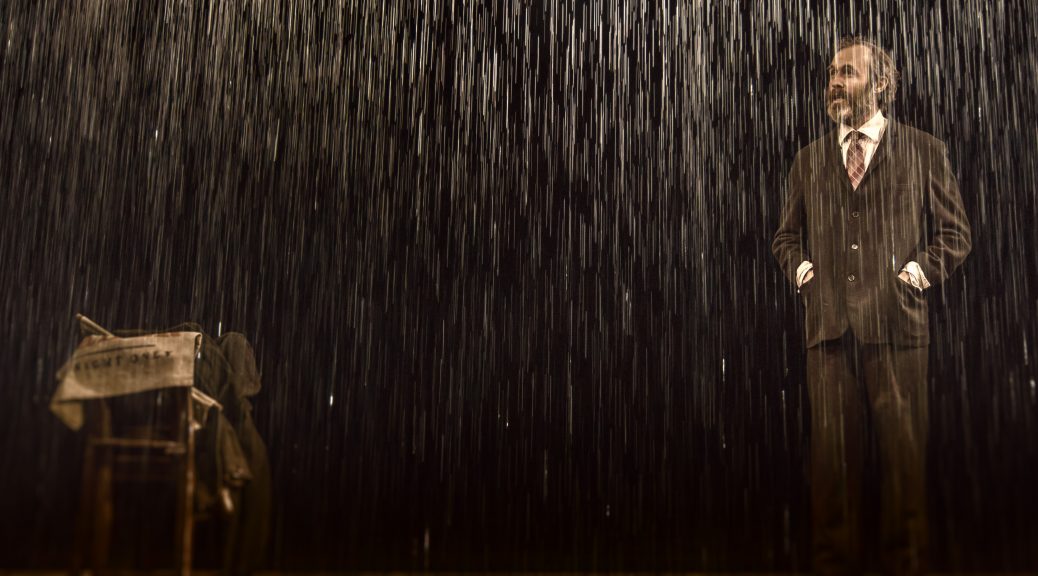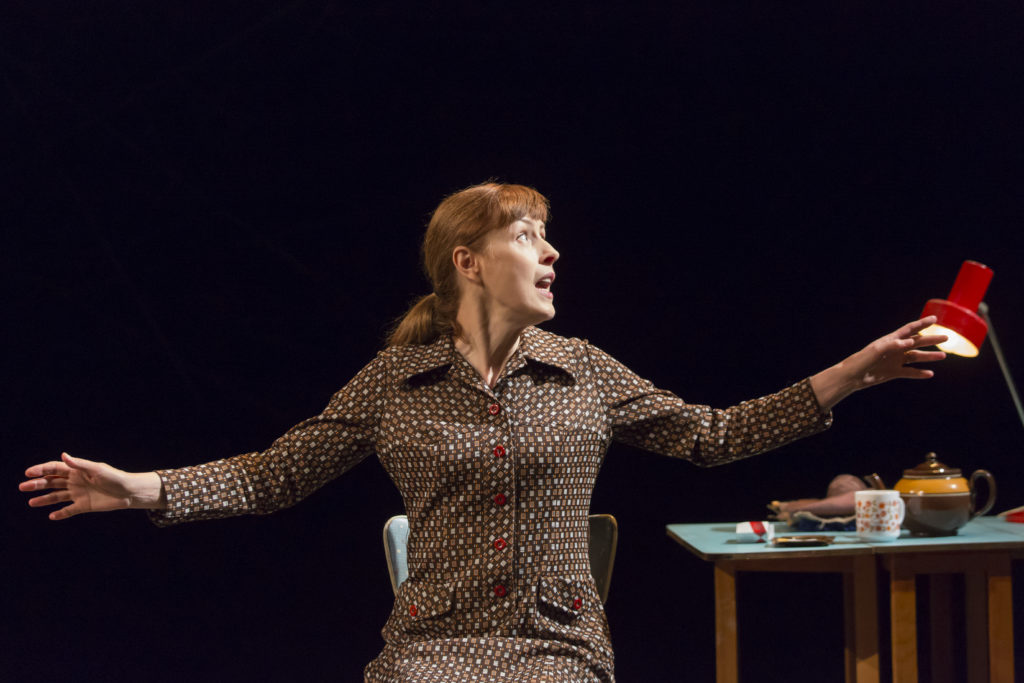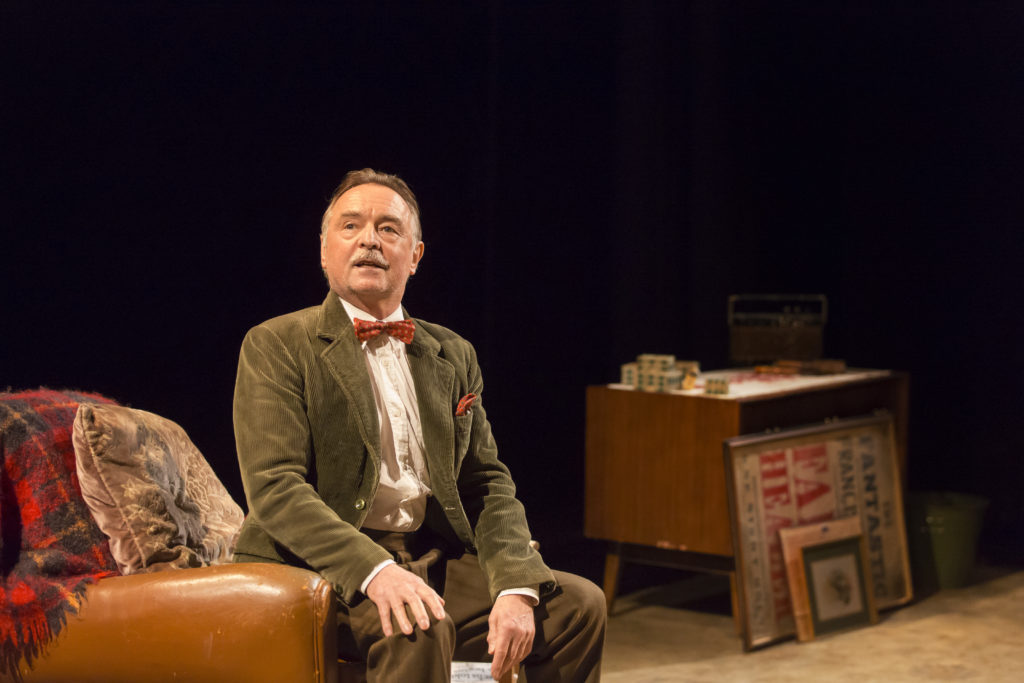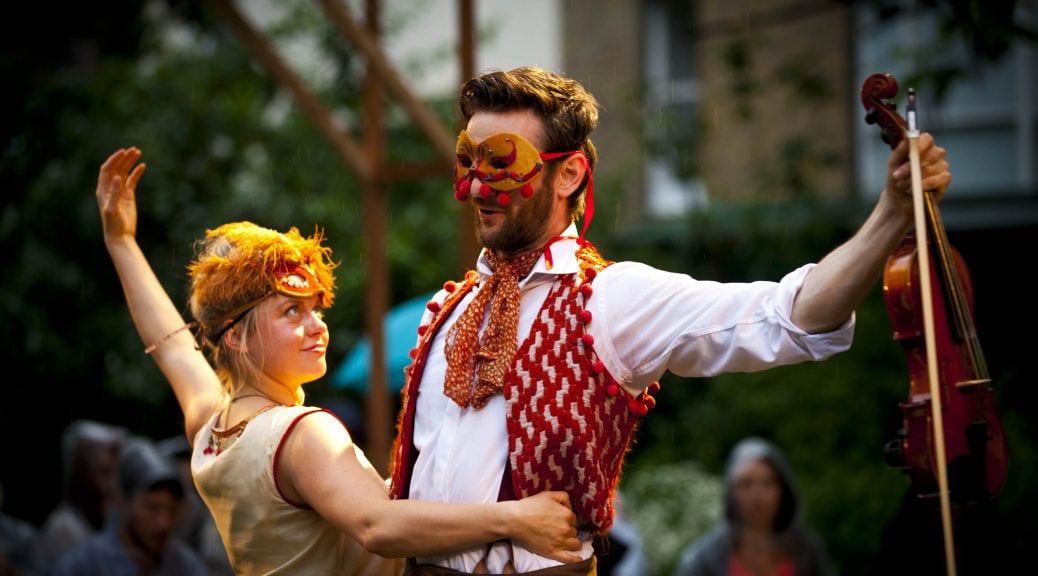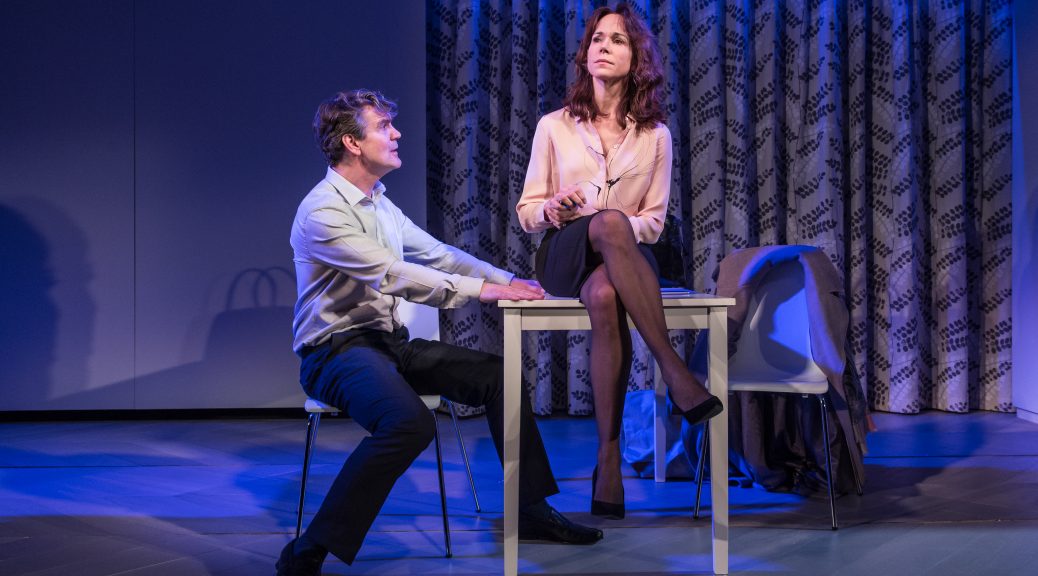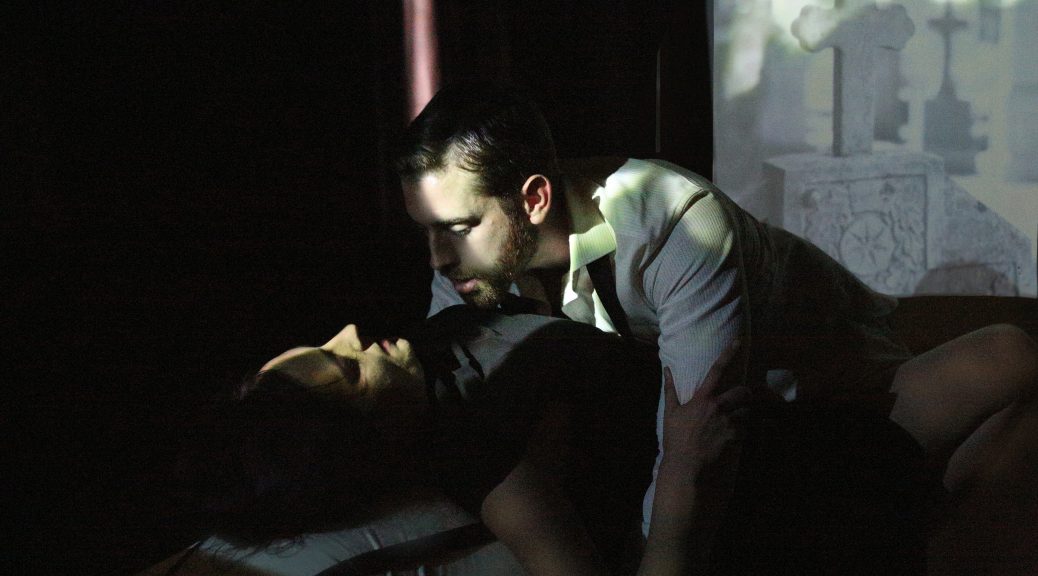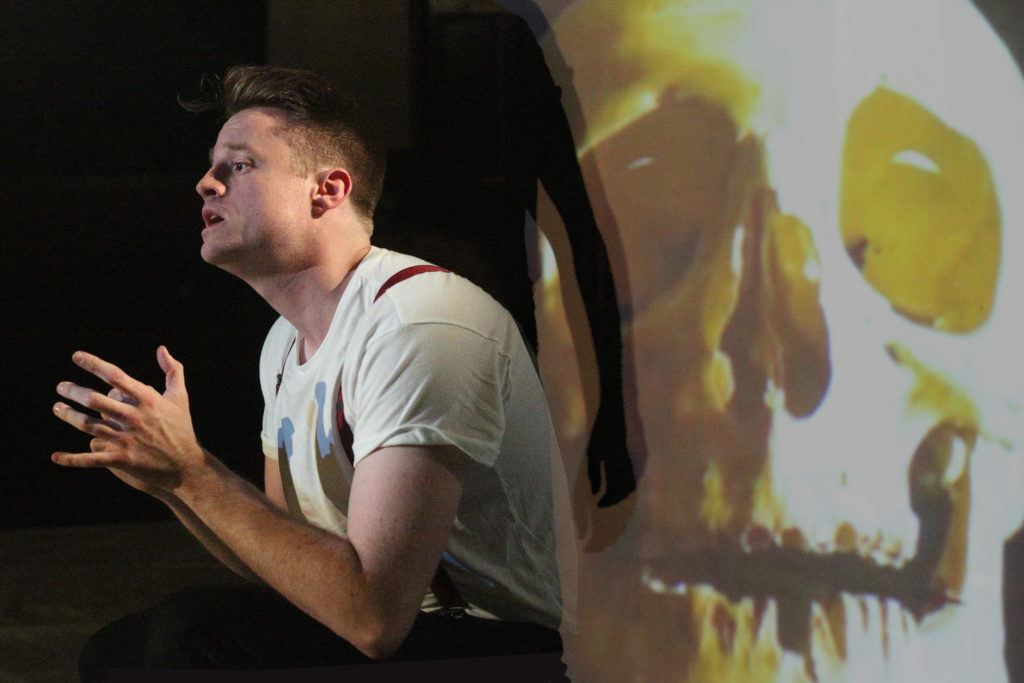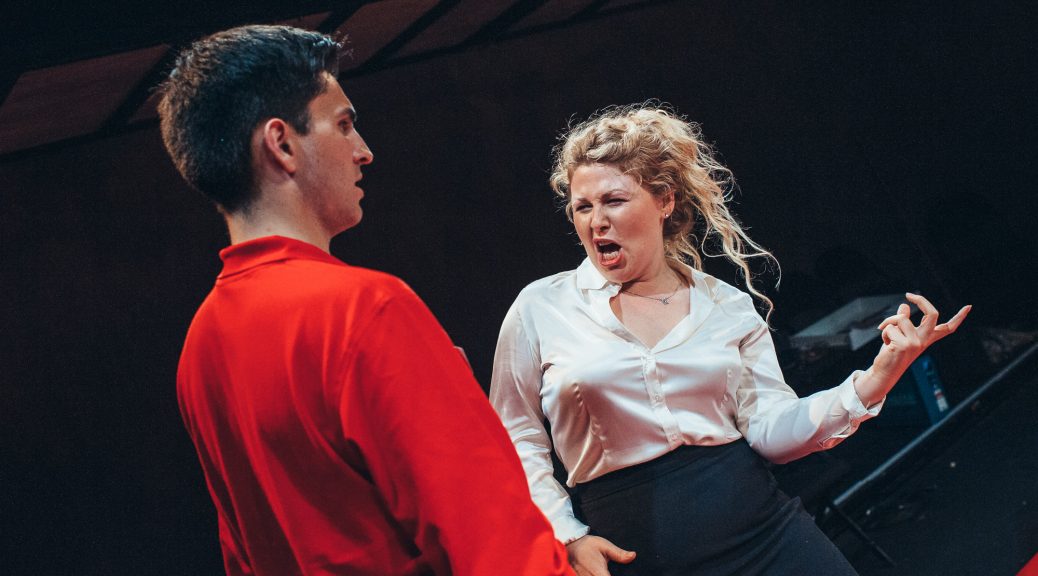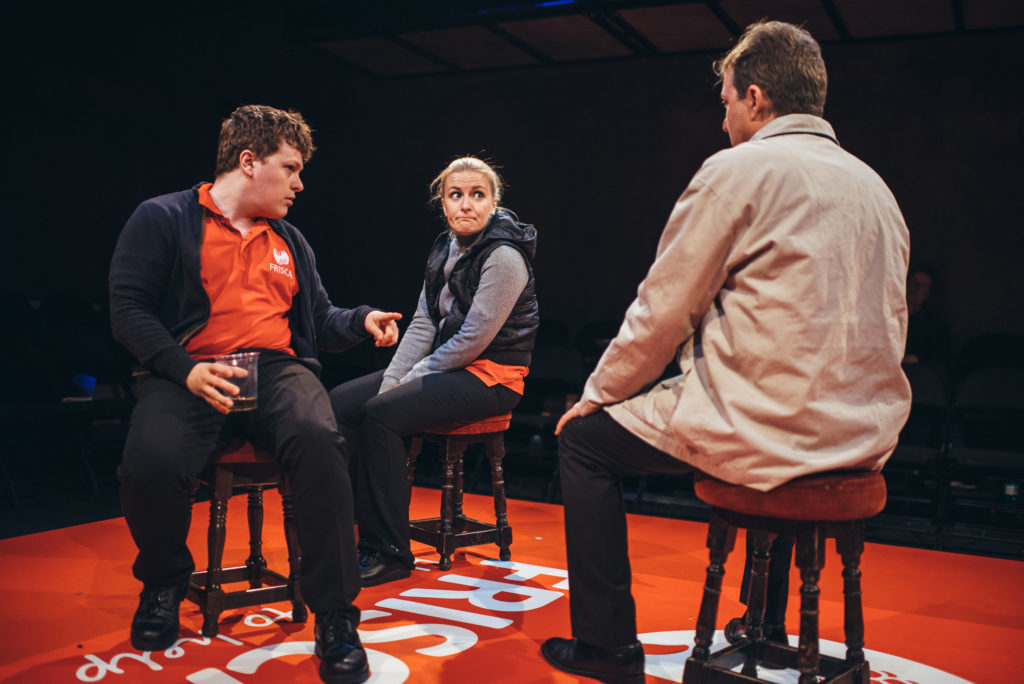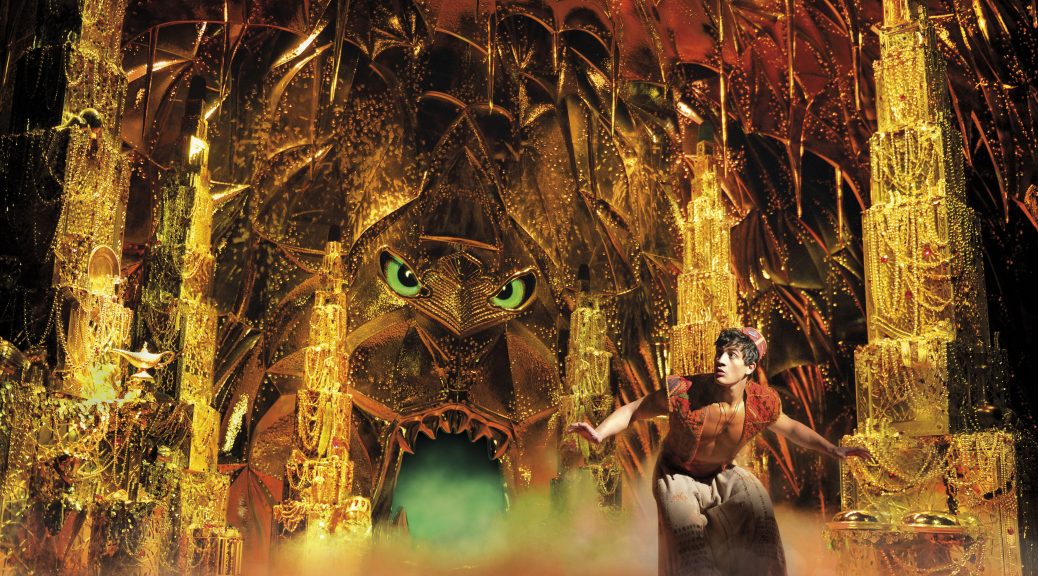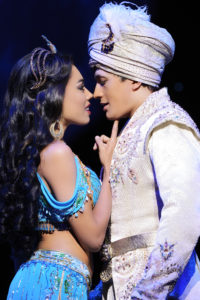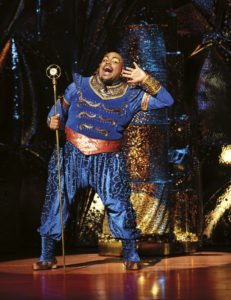Amy Ng’s new play takes us to China, tackling relationships with Tibet and the West through the well-applied prism of tourism. Our heroine is Bunny, skilfully portrayed by Julia Sandiford, a local who becomes a tour guide and photographer and whose breaking of taboos neatly establishes the play’s dramatic dilemmas.
Bunny’s employer is a company that aims for authentic and sustainable travel. Sounds nice. The naïve boss (Kevin Shen) wants “relationships not transactions”, and yet Ng’s strong script falters with the former, unaided by director Charlotte Westenra’s speedy pacing. This remarkably assured first full-length play deserves a more nurturing delivery.
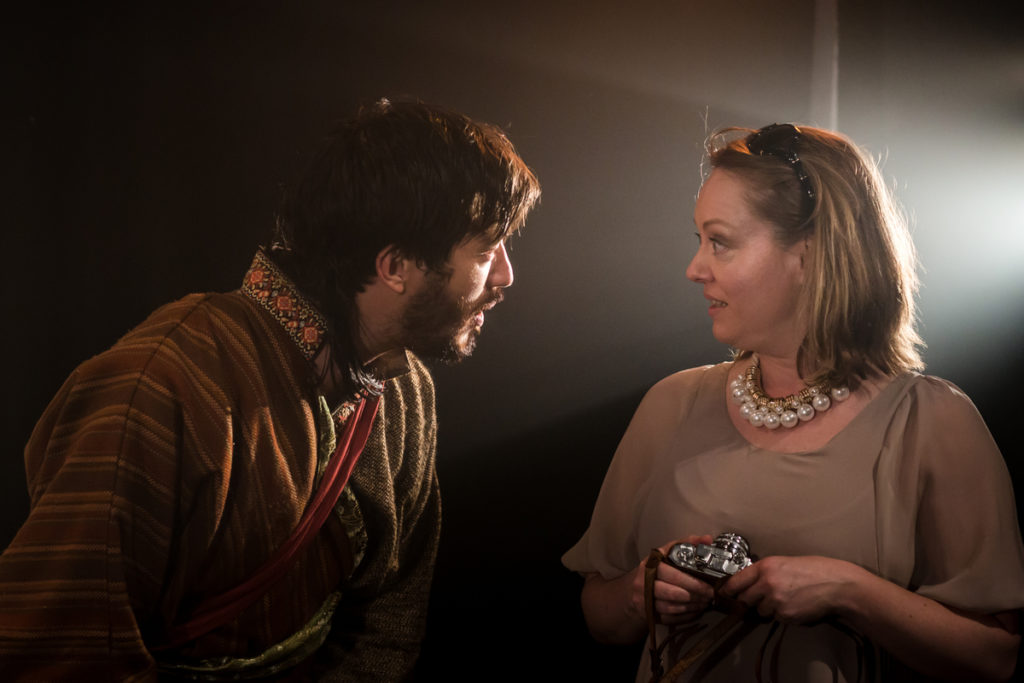
Bunny’s dedication to her employers for isn’t quite convincing, while her animosity to her fellow guide (a standout performance from Andrew Koji) also stumbles. Credit is deserved for showing restraint when it comes to jokes about their rich-bitch client. Rosie Thomson, who takes the role, tries hard to add some depth, also impressing in flashbacks as a photojournalist who bribes and inspires Bunny. It’s a shame these first encounters with a camera – Bunny’s biggest passion – are the poorest scenes, being written too literally and delivered too quickly.
When it comes to those “transactions”, though, Ng is pin sharp and develops her play perfectly. The exposition of history and culture impresses and informs without condescension, while the economic arguments and impact of tourism are explored with nuance, and deeper repercussions ripple out nicely. Putting forth so much discussion so comprehensively is often what playwright’s struggle with most. Shangri-La leaves you wanting to see where Ng will visit next.
Until 6 August 2016
Photos by Scott Rylander

